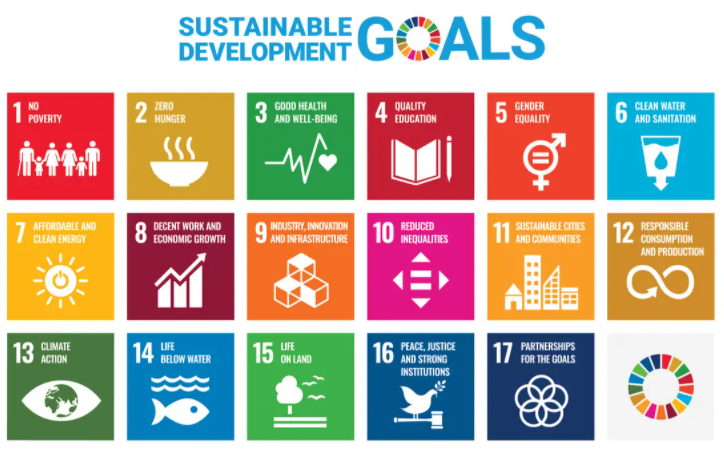In today’s hypercompetitive world, organizations need to take full advantage of their most valuable asset, their data. The amount of data and data sources is increasing. Companies receive information from the market and the political environment—and also now, from much more individual sources such as installed sensors in their warehouses or along the distribution chain—see post “ 3 High-Tech Trends That Are Changing Manufacturing.”
This provides an unparalleled opportunity to have timely insights on how the business is performing, if it is fit for the future, or where it should invest. But in order to seize the full potential of the large amount of data generated, organizations need to be able to identify relevant information, organize it, and make it accessible and understandable for future use.
The value of data engineering in sustainability
Data engineering has a critical role in securing long-term value from the data collected. It allows organizations to integrate different data sources in a timely manner, making relevant information clear and understandable to be used by the decision-makers. It also guarantees that any possible risks are identified and mitigated in time.
During this time of unprecedented growth, climate change and thus sustainability are the most urgent topics institutions must face.
When a business has a broad knowledge about its strengths and weaknesses it can adopt long-term sustainable strategies.
Sustainability is commonly defined as “meeting our present needs without compromising the ability of future generations to meet their own,” considering the economic, environmental, and social aspects.
It’s easy to understand how a company strives to be economically sustainable. However, in order to succeed, companies need to commit to both environmental and social sustainability. To do this they need to use the tools and technology at their disposal and consider the entire life cycle of their products and services to ensure their operations and activities have a positive impact on society.
Goals for a sustainable future
In 2015, the UN agreed upon 17 Sustainable Development Goals (SDGs) which organizations and countries can use as guidelines towards a better and more sustainable future.

But how can organizations use data to align with these goals?
By incorporating best practices in its long-term strategies: Using data to find what social and environmental externalities are being produced by its activities and acting on it. Better informed decisions increase efficiency, reduce waste, and save money.
By communicating its social and environmental performance in a transparent way: Increasing its internal and external reputation. Better reputation leads to more and more loyal customers and satisfied, loyal employees.
By changing consumer behavior: Organizations have been using data to influence consumer’s choices for many years. The same techniques can be used to drive sustainable behavior.
By becoming more sustainable, efficient, and productive.
How Dimensional Insight can help with sustainability efforts
Dimensional Insight helps its partners and customers to make more informed decisions and work towards a better world. We can help you answer questions such as:
- How can you optimize your distribution network and save fuel and GHG?
- What is your environmental footprint and how can you change it?
- What are your suppliers’ environmental impacts and how that affects your scope 3 emissions?
- How you can create a single platform to have an overview of yours and your partners’ impacts, with KPIs and metrics defined by you.
- How to better identify return on investment of new initiatives.
Related readings:
- How Data Can Help Fight Climate Change
- How Using Technology To Re-Think The Supply Chain Can Impact Climate Change
- How Data Is Key to Corporate Sustainability Efforts - December 17, 2020


